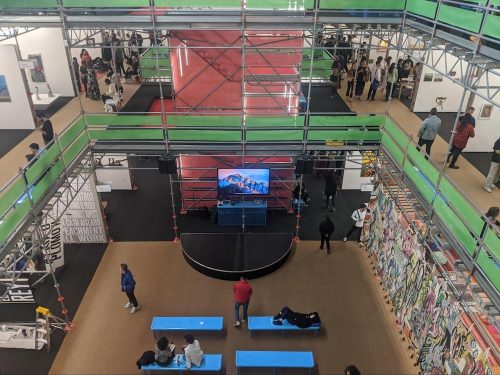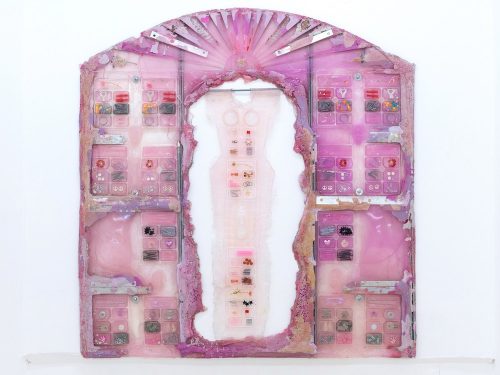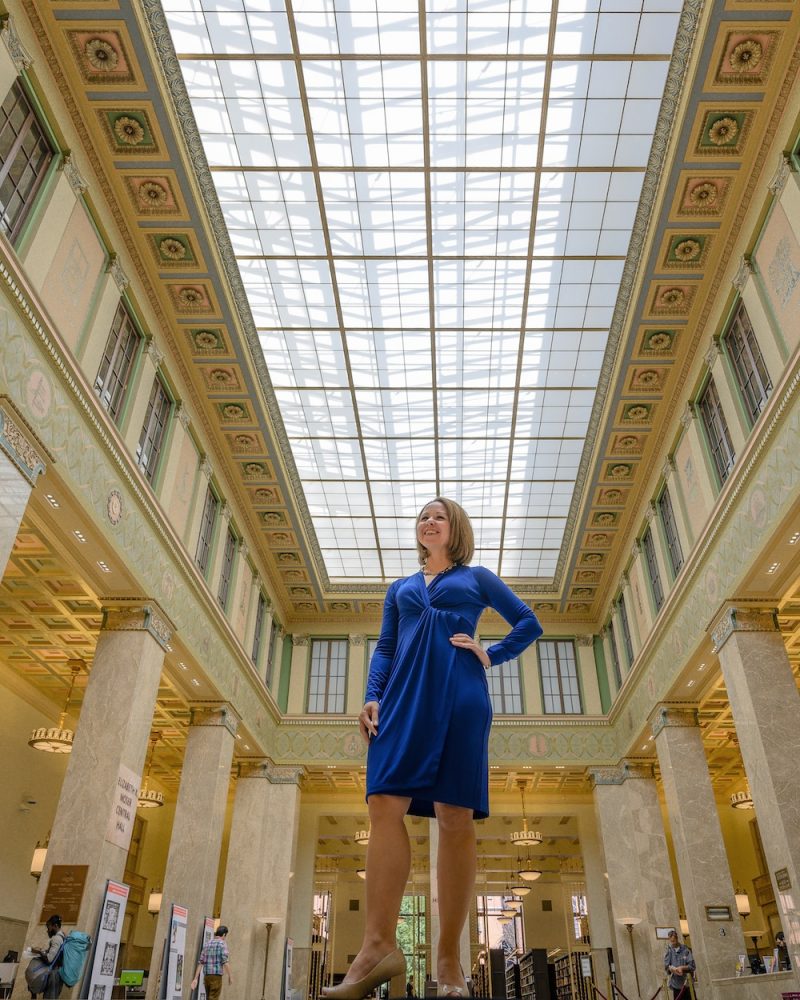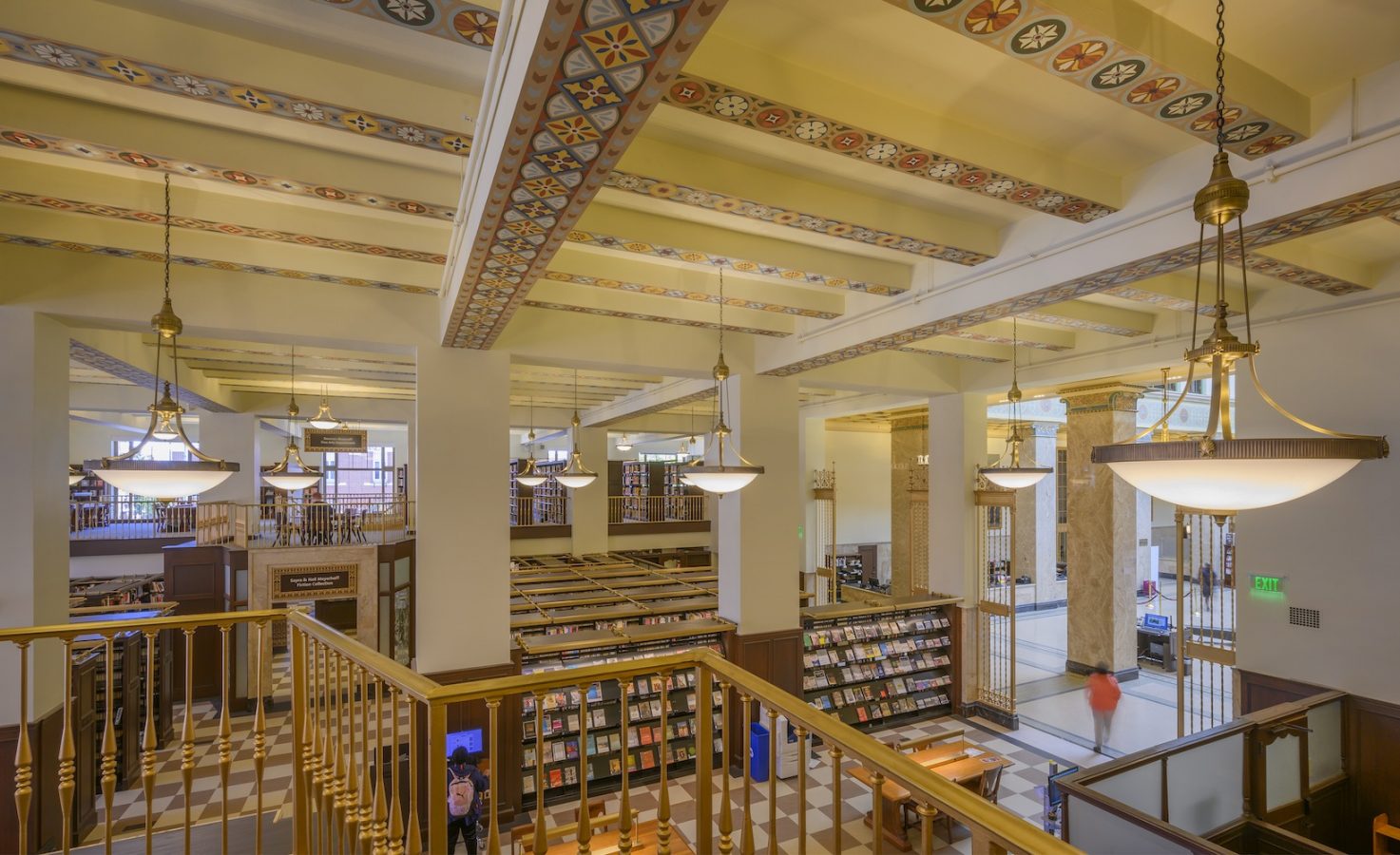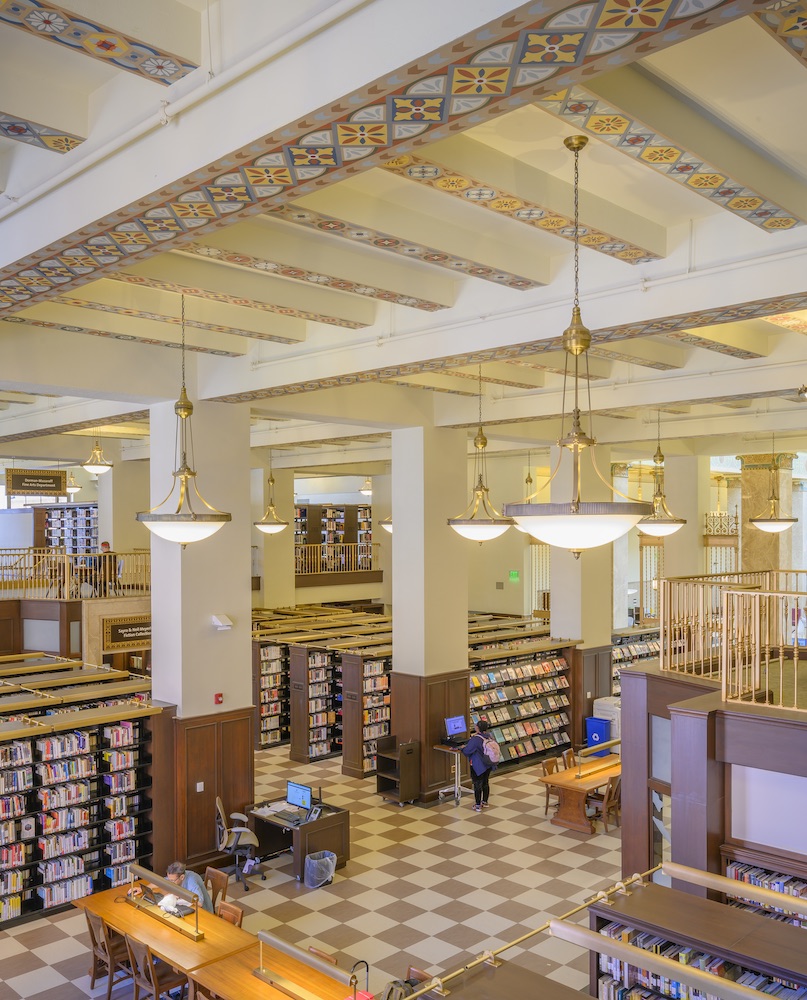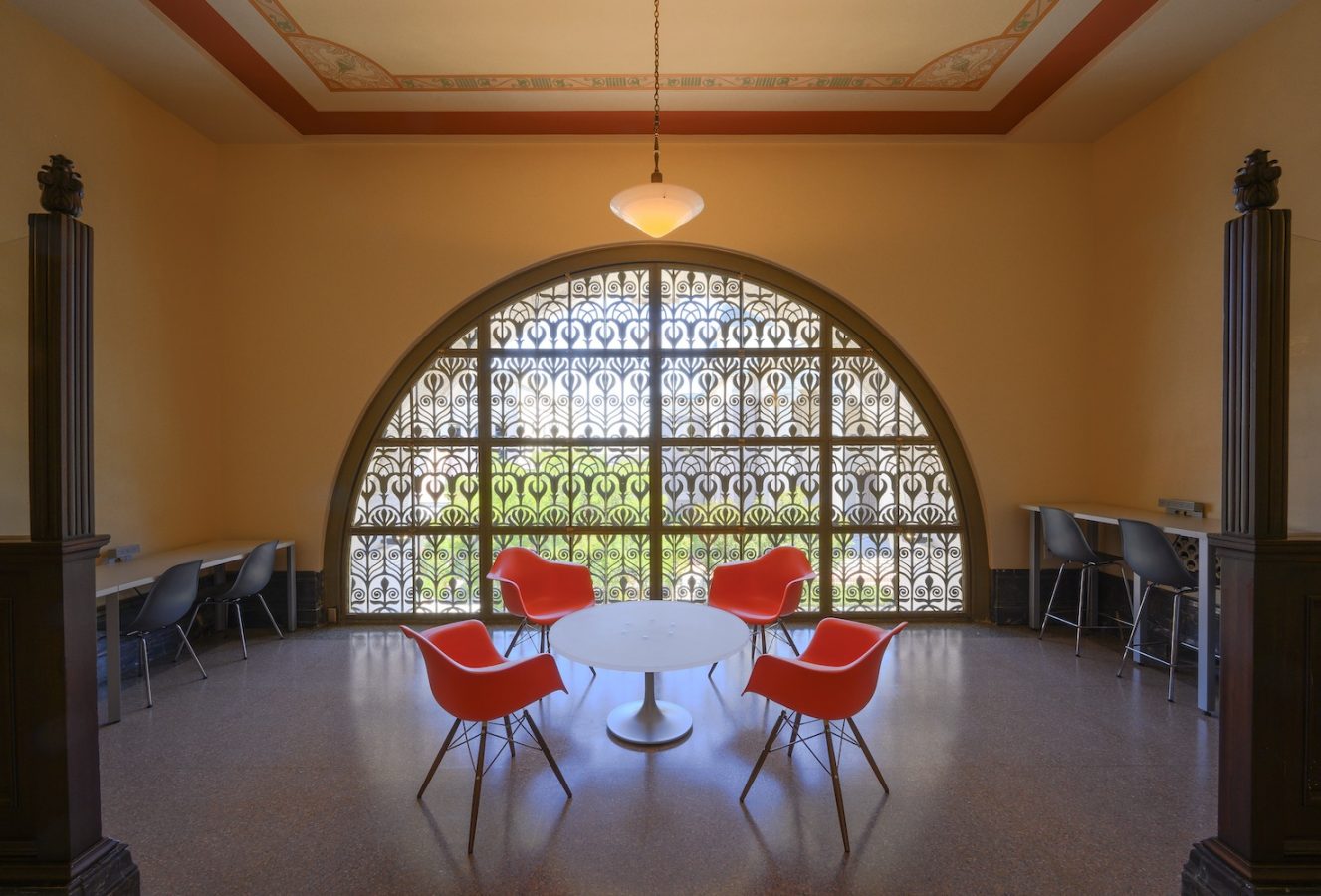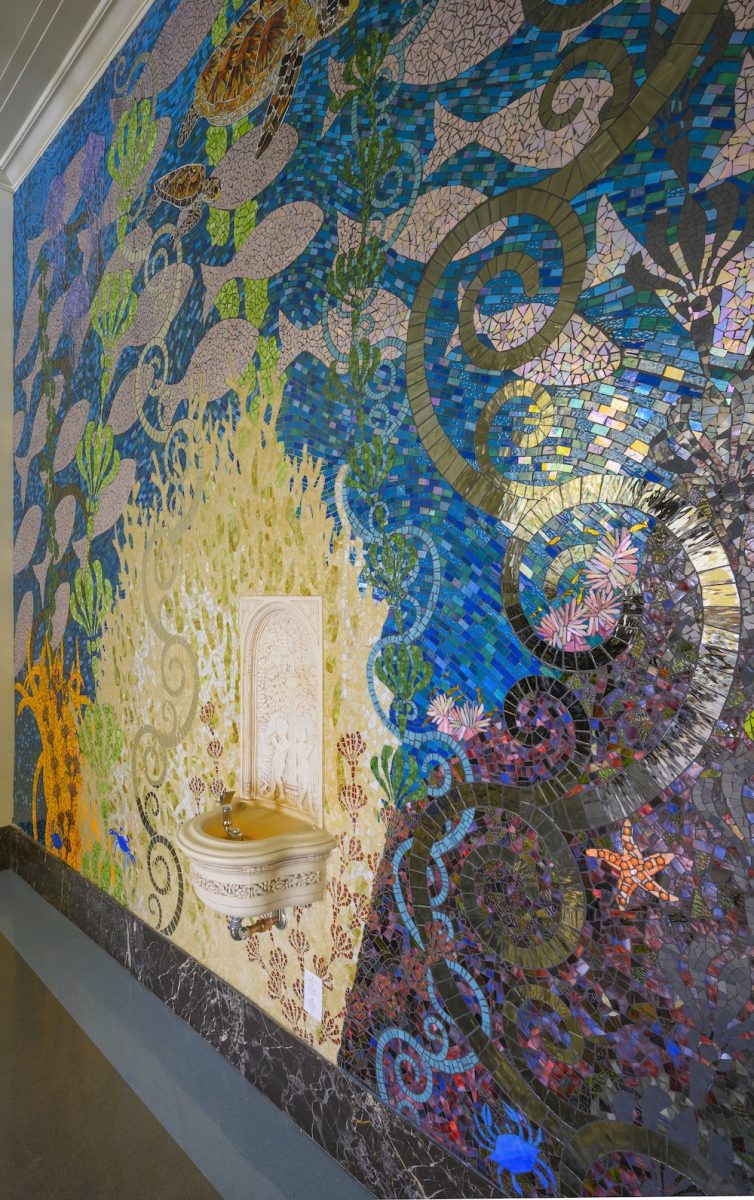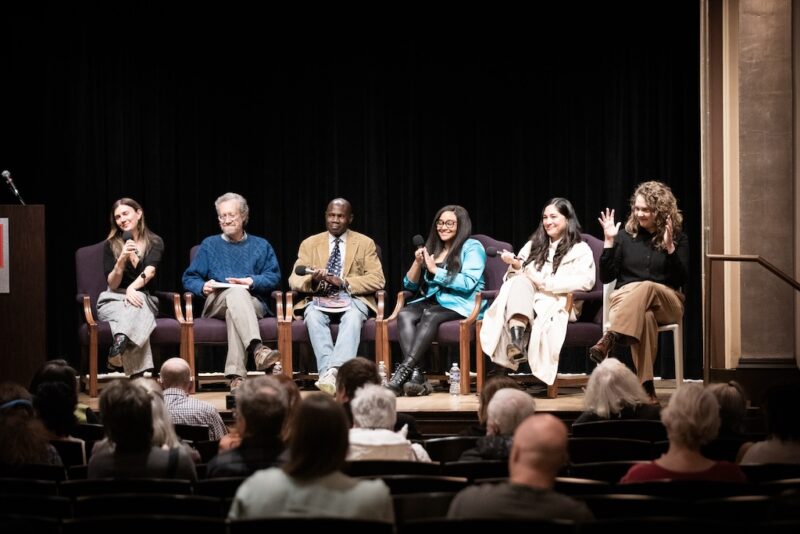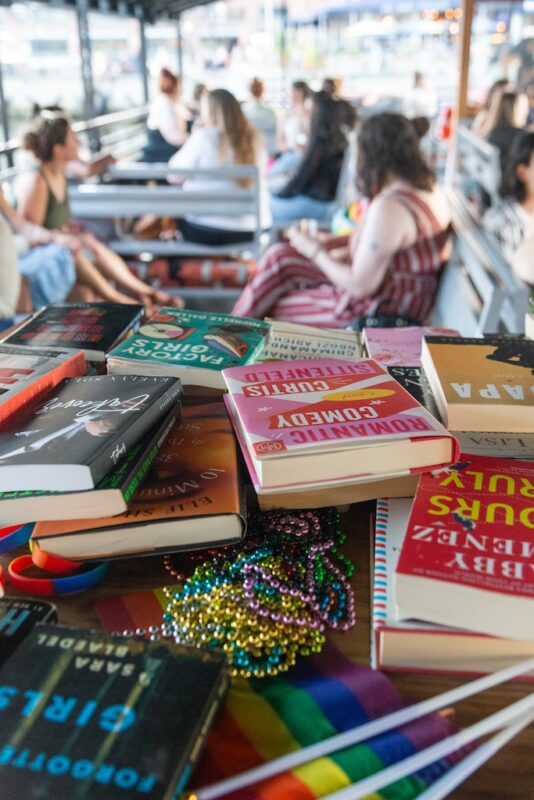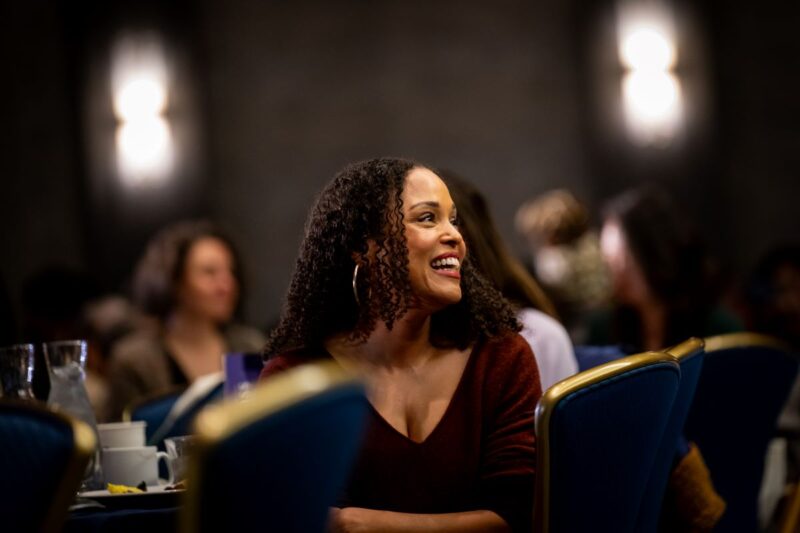“I am all about fiction,” says Heidi Daniel, who keeps a stack of hardback books by her bed as well as a Kindle for late-night reading when her family is asleep. “Scientific studies show that reading fiction helps build empathy, which is a critical piece of being human, as well as vocabulary. Fiction gives you a lot of experience you might never have in a really accessible way, and especially for children, fantasy takes you into new worlds and expands your creativity.”
Daniel, who became CEO of Baltimore’s Enoch Pratt Free Library System in 2017, reads to her two children every night before bed and says that she believes you are never too old to be read to. The Michigan native, now a resident of Baltimore’s Bolton Hill neighborhood, is a first-rate example of the transformative power of books. She grew up an only child in a trailer park in the Rust Belt, raised by parents who didn’t go to college but wanted to instill in her a love of reading and learning. They read books to her checked out from the library until she was old enough to get lost in books on her own.
“I would love to tell you that I was a super studious child, but I was actually pretty quirky and creative,” she says, adding that the public library was always a space where she had unlimited access to information. “For me, to read about Paris or Africa or even New York City was a radical experience, an experience that showed me that my life could look differently if I wanted it to. And I think that that’s one of the most powerful things about books and literature in general, that it can give you that idea that your life doesn’t have to be exactly what you see every day. It can be anything you want it to be.”
